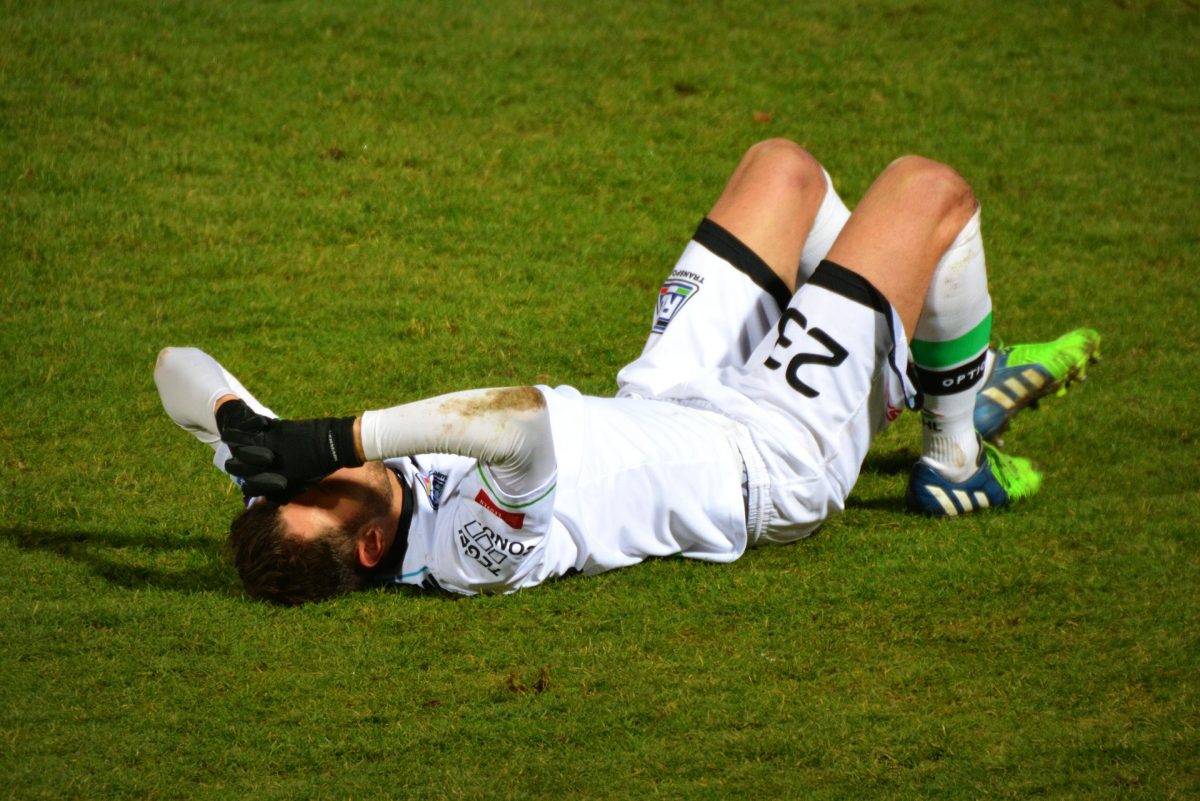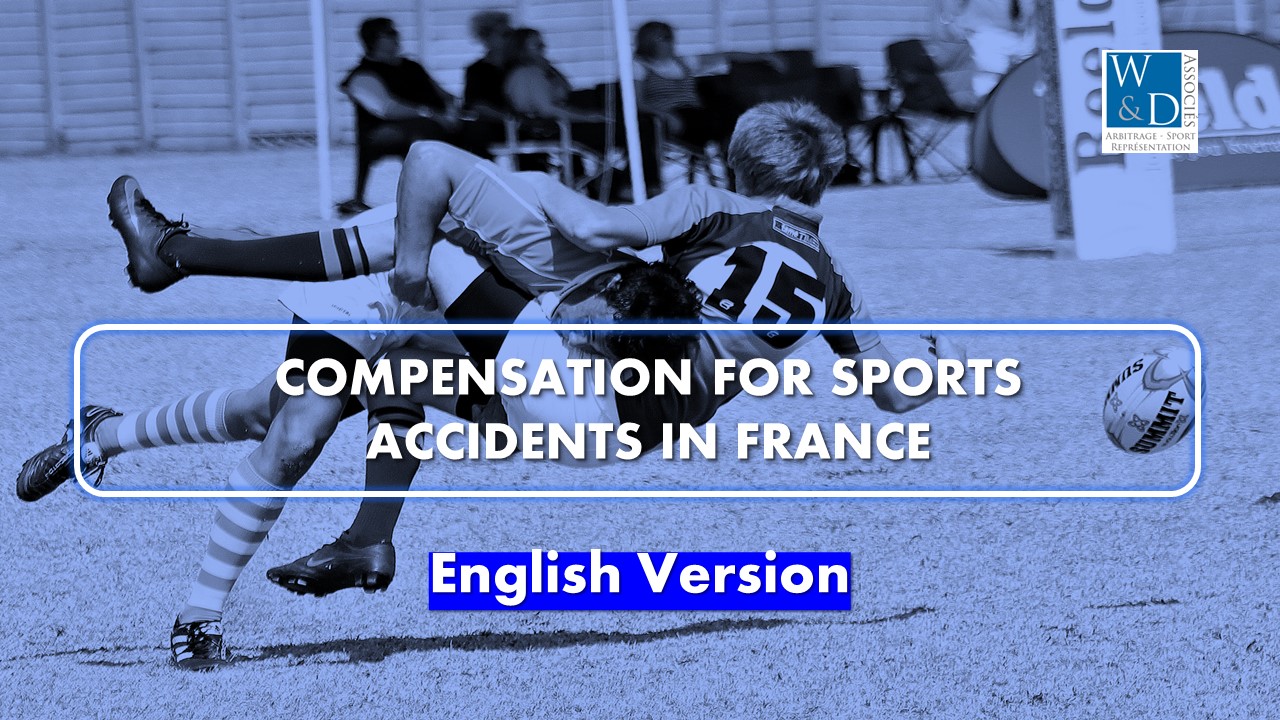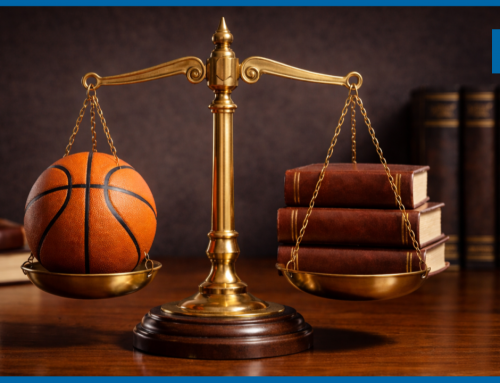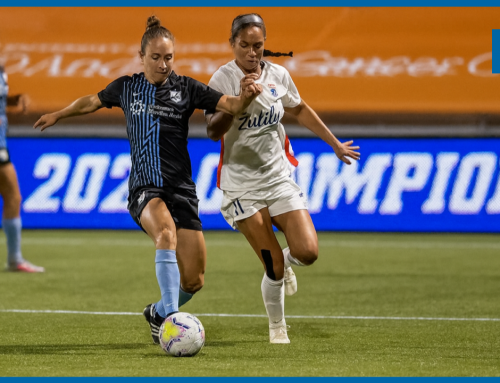Published and translated by the firm Winter – Dávila & Associés
Paris, 01 juin 2022

Author: David Winter
Lawyer in France and Spain, graduated from the Université Paris 1 Panthéon – Sorbonne (France). David has been a member of the Paris Bar Association since 2012 and of the Madrid Bar Association since 2018. He has the distinction of being a founding partner of Cabinet Montmartre, a prestigious law firm in Paris.
In addition, thanks to his experience in representing companies and individuals, David has been accepted to become a member of the Association of Lawyers Representing Sportsmen and Women (“A.D.A.M.S.” in French), whose insertion helped him to be included in the list of Lawyers Representing Sportsmen and Women of the Paris Bar.
📍Versions of the article availables in others languages:
🇪🇸 Versión en Español
🇫🇷 Version Française
Do you need lawyers in France? Do not hesitate to contact us!
Physical and sporting activities generate litigation, the most extensive of which is undoubtedly that of civil liability. As these activities are by nature risky, they are often the cause of accidents, for which the victims do not hesitate to claim liability from those who caused them. This state of affairs also explains the current development of the use of insurance in the field of sport, which is not without consequences for the application of civil liability rules by judges.
For the sake of brevity, this article will examine the framework of the sports accident, the compensation regimes and the different compensable damages.
1- What is a sports accident?
It is an accident that occurs during the practice of sport, either within the framework of a sports club or association, or during free practice.
Some examples are:
– Basketball accidents
– Football accidents
– Volleyball accidents
– Handball accidents
– Tennis accidents
– Horse riding and equestrian accidents
– Cycling accidents (road cycling, mountain biking, etc.)
– Skiing and snowboarding accidents
– Climbing accidents
– Inline skating and skateboarding accidents
– Surfing and bodyboarding accidents
– Canyoning accidents
– Motor sports accidents (karting, motorbike, motocross, etc.)
– Paragliding accidents
– Combat sports accidents (boxing, karate, judo, taekwondo, MMA, etc.)
Of course, the list is not exhaustive, there are as many cases as there are sports disciplines.
When the accident occurs in the context of a competition or an activity in a licensed sports club, it is not uncommon for the victim to have taken out federative insurance with his or her club. The question then arises as to the quality of the insurance cover offered by the sports federation, particularly with regard to the maximum limits of compensation and how to activate it.
YOU CAN ALSO READ: Clauses of termination of football players’ contracts in France
2- In which cases can the victim claim compensation? What are the compensation schemes for sports accidents?
The compensation scheme varies depending on whether or not a third party is responsible for the accident.
a) If the accident is caused by a third party
If a third party is responsible for the sports accident (another athlete, teammate or opponent, event organiser, etc.), it is in principle the third party’s “third party liability” insurance that must fully compensate the injuries of the injured party.
It is therefore essential to gather all the evidence necessary to prove the fault of the third party and his liability.
More specifically, it is up to the victim to prove the existence of fault on the part of the third party, a bodily injury suffered and a causal link between the bodily injury and the fault committed by the third party.
This proof can be provided by any means (party sheets, testimonies, etc.).
In most cases, the insurance company of the third party whose liability is sought to be proved will try to invoke the principle of acceptance of the risk and/or the fault of the victim in order to reduce the compensation or even challenge the principle itself.
In the event that it is proven, the totality of the damage suffered, both economic and non-economic, will be compensated by the third party’s civil liability insurance, unless the accident is the result of a voluntary act.

Photo: pixabay.com
b) Sports accident without the presence of third parties
If there are no third parties involved in the sports accident, the only solution to obtain compensation is to rely on the existence of an insurance policy that you have taken out yourself.
If the accident occurred in the context of a sport for which the victim holds a licence, it is possible to take out insurance linked to the sports licence. However, the cover offered is often weak.
It could also be the existence of a “life accident” cover. In this case, you should pay particular attention to the conditions of indemnity provided for in the contract. In fact, some contracts of this type exclude sporting activities considered to be risky, in particular air sports.
In addition, you should be careful about the deadline for declaring damages, as well as the methods for assessing and compensating your losses.
3- What damages can be compensated?
a) Common law indemnity by the third party liability insurer
In this case, if the liability of a third party is recognised, compensation will be based on the principle of full compensation. In other words, the allocation of sums of money will aim at restoring the victim to the situation he would have been in if the accident had not occurred.
There are many elements that are considered as damages giving entitlement to compensation and which are listed in the so-called “DINTILHAC nomenclature”. They include, for example
– Medical expenses to be borne by the victim
– Miscellaneous expenses
– Costs of accommodation or an adapted vehicle
– Third-party assistance
– Professional loss (loss of current professional income, loss of future professional income, professional impact)
– Educational, university or training losses
– Cosmetic damages
– Suffering endured
– Temporary functional deficit and permanent functional deficit
– Sexual injury
– Loss of enjoyment
– Funeral and burial expenses
– Loss of affection
– Financial loss for family members
YOU CAN ALSO READ: Sports Justice in France
Compensation varies according to a number of criteria such as the severity of the after-effects, the age of the victim, his or her personal and professional situation, etc. It also and above all requires an objective assessment in the light of case law and practice.
b) Compensation through a contractual guarantee
The compensation will depend on the clauses of the insurance contract.
Therefore, in order to know the amount that will be awarded, it is necessary to refer to the general and particular conditions of the contract signed.
It should be borne in mind that the contract may provide for ceilings or excesses that lead to a reduction of the indemnity.
In any case, and as a general rule, it is highly advisable to use the services of a professional who, having mastered the procedure from start to finish, can accompany you throughout the compensation process, both amicably and judicially if necessary.
If you liked this topic, we invite you to share the article, comment on it and also to visit the rest of publications in the social networks and platforms of Winter – Dávila et Associés
If you want advice related to the subject of the article, do not hesitate to contact us! (email: contact@wdassocies.com)
Original language of the article: French
LEGAL NOTICE: This article has been prepared for informational purposes only. It is not a substitute for legal advice directed to particular circumstances. You should not take or refrain from taking any legal action based on the information contained without first seeking professional, individualized advice based on your own circumstances. The hiring of a lawyer is an important decision that should not be based solely on advertisements.
This article was published by Winter – Dávila & Associés, an international law firm based in Paris, in France, represented by lawyers specialized in sports law, corporate law, arbitration and representation.








Leave A Comment